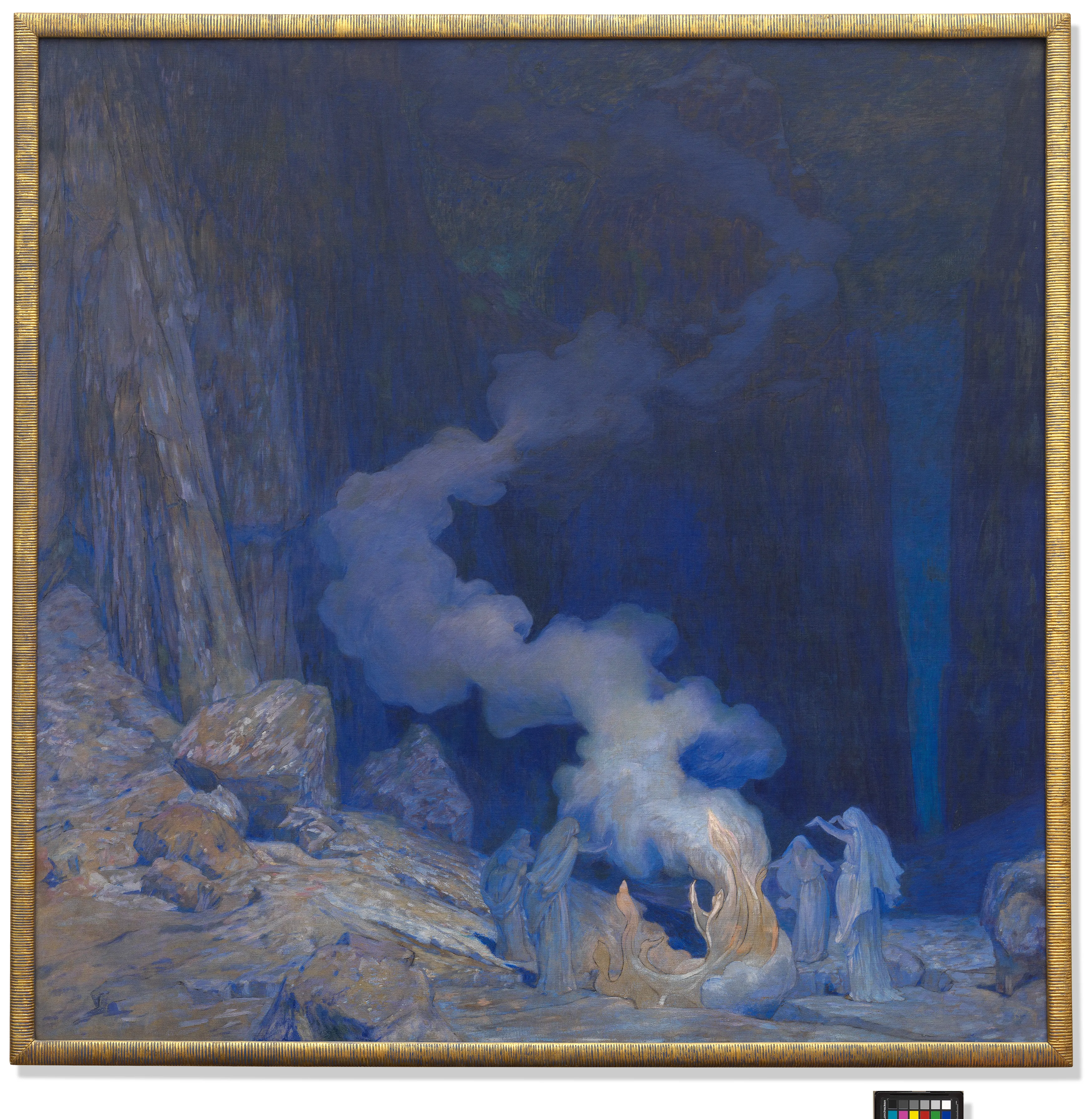I Should Probably Take That Outline More Seriously (AD S4E2)
Last updated: 7/17/2024 | Originally published: 3/22/2021
I was supposed to be writing an outline for the Next Novel™️ that I’m hoping to tackle in April, but instead I found myself bombing through The Sympathizer (one of the best books I’ve ever read, highly recommended) and The Magicians (not one of the best books I’ve ever read, but it does have its moments of poignancy) as well as making some progress on The True History of Tea (which is, erm, a history of tea). Oh, and I spent some time noodling around with a new idea that will never be published or actually probably even finished, for various good reasons I won’t get into here 😅
So I should probably take that outline more seriously if I expect to have it ready by April, shouldn’t I!
Anyway, on with the issue.
Table of Contents
Open Table of Contents
- History Doesn’t Exist, Actually
- Building Songs Out of Samples Is A Real Art Form And Also I Have No Idea How They Do It
- A Random Fact About Sichuan Peppercorn To Sound Interesting At Cocktail Parties
- My Favorite Bookstore Is A Library
- Kazuo Ishiguro Has Nothing On This Reuters Article
- What’s New, Rooby-Doo?
History Doesn’t Exist, Actually
If you go check out Wikipedia’s articles on the history of Malaysia and Indonesia, you will eventually arrive at the entry for Srivijaya, a great empire centered on Sumatra from roughly the 7th century to the 14th.
Except now there’s a serious proposal that Srivijaya didn’t exist, or at least not in the way it’s commonly formulated! I found this through political scientist Tom Pepinsky’s blog, and he develops this with some thoughts on what this means for post-colonial history that attempts to produce an “autonomous” history of Southeast Asia, when most of what we know is from the perspective of outsiders!
Anyway, this is a good reminder that, well, “history is written by those who write” (even given the slow expansion of archaeological and genetic evidence that the discipline is beginning to have access to) — and those who write are generally the upper classes in major literary cultures (… that happened to develop history as a genre) — which is, you know, a very small facet of human experience! Historians struggle mightily against this but one does wonder how much we can ever truly know about the past. Another example of this is this r/AskHistorians post in which the answerer explains that, reading between the lines, we might be able to see that infamously-vile Roman emperor Nero was, perhaps, not so infamously vile to run-of-the-mill folks.
Of course one must not become too skeptical of the historical method or else end up with crackpottery like the phantom time hypothesis which posits that that the entire Carolingian period, and Charlemagne in particular, were made up out of whole cloth (!) by Holy Roman Emperor Basil III and Pope Sylvester II just so that they could live in 1000 AD (!!). (In case you’re wondering, it’s rather easily disproven by comparing modern calculations for the dates of astronomical events like Halley’s comet and finding that they match up with ancient reports of such. Also, making up the Carolingian period would also require explaining away Tang Dynasty China and all of Islam.)
Building Songs Out of Samples Is A Real Art Form And Also I Have No Idea How They Do It
Just close your eyes, listen to the first ten seconds of this video, and try to guess what the final song using the sample is.
A Random Fact About Sichuan Peppercorn To Sound Interesting At Cocktail Parties
While looking for something else in Pocket I found this article that I had supposedly highlighted. The article itself is mildly interesting — it’s about a Chinese-American man who, despite his inability to use chopsticks or speak any variety of Chinese, or indeed despite his complete lack of interest in food, has eaten at over 7,000 Chinese restaurants in America — but given I essentially never highlight in Pocket I was curious what I could have found so interesting so many months ago. And it was this:
The Sichuan peppercorn, an irreplaceable ingredient in most Sichuan food, famous for the numbing sensation it produces in the mouth, was made illegal in the US from 1968 until 2005, because of fears it might carry a disease that could infect America’s citrus crop.
What! What! But according to Wikipedia this is totally 100% true — there was an import ban, albeit only loosely enforced — which makes me very glad I live in America post-2005 where Sichuan peppercorn is plentiful and can be comfortably nestled next to some Thai red chili peppers in almost anything you cook (noodles, grilled cheeses, omelettes, …).
My Favorite Bookstore Is A Library
Did you know that libraries will just… buy books for you? Well, not for you, specifically, but for the public, which includes you, at your request. I learned this recently because the library had neither the new Penguin Classics translation of The Song of Kieu nor the fourth volume of History of Philosophy Without Any Gaps, despite having both a wide collection of other Penguin Classics and the other three volumes of History of Philosophy Without Any Gaps. So I went to sfpl.org and clicked this button:

And then filled out this form:

And a month or so later they arrived at the library and were promptly checked out by a grateful member of the public!
Anyway I think we as a society still don’t appreciate libraries enough.
Kazuo Ishiguro Has Nothing On This Reuters Article
Okay, that title is a bit glib. But this Reuters article about an art piece in northern Japan — a solitary phone booth in the wilderness, where survivors of the 2011 tsunami can “call” their loved ones — moved me to tears faster than The Buried Giant, so…
What’s New, Rooby-Doo?
We cleaned his bed this week, which has a habit of throwing him into a tizzy. (But I suppose I would be in a tizzy too if not just my blankets but indeed my entire mattress mysteriously disappeared while I was out on a walk.) Here’s what he had to say:
whee whee wheeeee
(That’s my best impression of the high-pitched whining/whistling with which I am awoken most mornings, which comes out with especial force when bedding is being cleaned.)
Anyway, after a brief tumble in the washer, it’s all clean and Rooibos is happy again:

